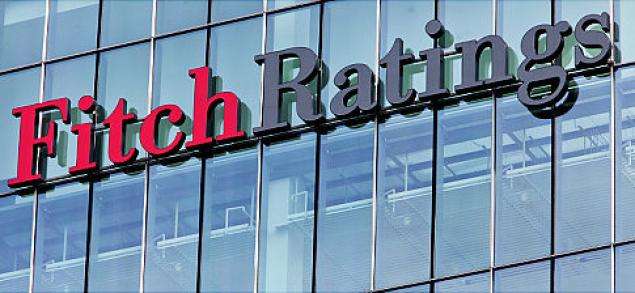Fitch has warning of more rating downgrades of African banks in 2023 with Ghana’s debt restructuring expected to affect both domestic and regional banks.
According to the international rating agency’s 2023 Outlook report, sovereign debt distress is the major risk to African banks’ financial profile.
“We are most concerned about potential sovereign defaults with many African governments facing very high and increasing debt servicing burdens exacerbated by rising interest rates, US dollar strength and unfavourable external funding conditions. The Ghana debt restructuring will affect domestic as well as regional banks”.
It explained that African banks’ credit drivers will be undermined by both global and domestic shocks in 2023.
“Operating environments will be affected by a combination of high inflation, rising rates, currency depreciation and hard currency shortages, but moderate Gross Domestic Product growth, with no major African economy entering a recession, combined with banks’ relatively good fundamentals and buffers, will prevent a significantly more negative scenario”, it noted.
Fitch further said banks’ sovereign debt risks have increased, with some African governments struggling with debt-servicing burdens and unfavourable external funding conditions.
It stressed that the banks could be downgraded due to further sovereign downgrades but the biggest risk comes from potential sovereign defaults that could affect banks in these countries as well as regional banking groups.
“Asset quality risks will return to be more prominent in 2023. Nevertheless, we assume only a moderate increase in impaired loan ratios in most countries. A sharp fall in commodity prices as a result of the global slowdown or economic developments in China could cause a faster increase in loan quality weakening”
Fitch continued that banks will however remain profitable, benefitting from rising interest rates and still-satisfactory loan growth (above GDP growth) which will mitigate a moderate rise in credit costs.
It concluded that capitalisation, funding and liquidity remain sufficient, with the latter in particular, underpinning banks’ standalone creditworthiness, stating, “external funding will be scarce and expensive”.




























